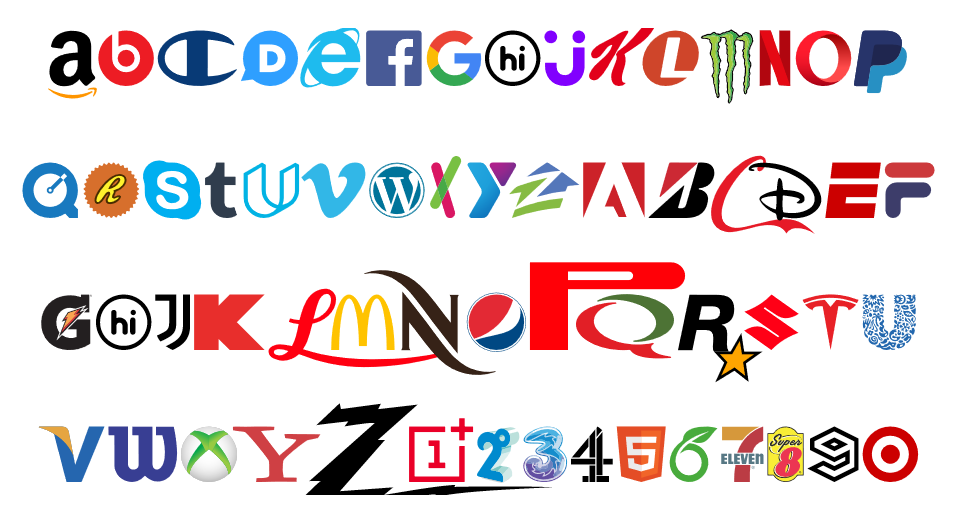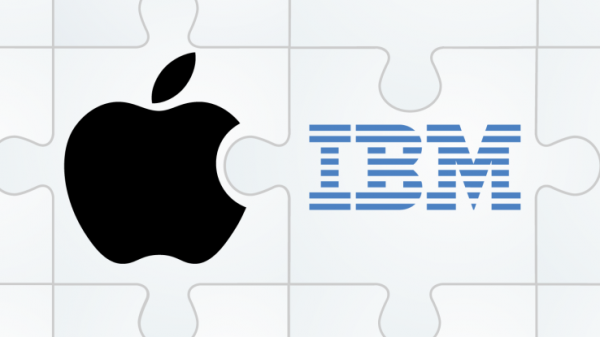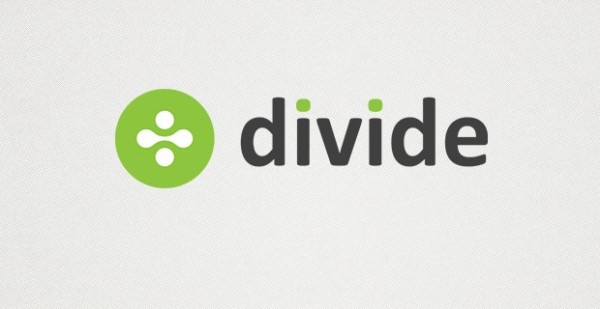Selling phones to consumers is easy. Big screens, fast CPUs, and lots of storage gets their dollar, but most companies need more, and Google just bought it.
Stepping foot into the IT department of most companies 10 years ago would look drastically different than it does today, especially in the mobility domain. In less than a decade, a realm that was previously almost entirely owned by Blackberries and flip phones has exploded and fundamentally changed the way companies do business.
Modern enterprise employees are more mobile and more connected than ever. This creates a large demand on enterprise corporations attempting to support this usage. The balance between features, security, and cost is ever in flux.
Blackberry used to rule the realm of the connected employee, but as more companies shift towards BYOD strategies and begin to add corporate app stores, Blackberry has begun to lose its grip on the enterprise. Blackberry was once a standout in its ability to securely provide corporate email to employees on the go, but email is only one of the many features demanded by the modern user and Blackberry just hasn’t been able to keep up with Google and Apple.
In a big move to bolster its own enterprise support, Google has recently purchased Divide. Divide is a containerization solution that gives employees access to corporate email, but partitions their data to create a sort of secure dual personality for smartphones. This allows flexibility for enterprise users to user their own devices, but also gives IT Mobility Administrators access to monitor usage, control access, and wipe the enterprise partition in the case of a security threat, while leaving the consumer half unaffected. Much like Samsung KNOX, but available on any iPhone or Android.
I was able to speak with a representative from divide, and while he wasn’t able to provide details around any impending changes, he did confirm that nearly all of their customers support Apple devices in their corporate ecosystem, so most current divide customers’ largest concern is naturally continued support for iPhones and iPads.
It’s unknown if Divide will be something that gets baked into Android, or if it will just be an additional service provided by Google, but one thing is for sure, Google has a strong record when it comes to support for their iOS apps (at least most of them… Sorry Google Voice). In fact, many Android fans have been frustrated with Google’s seemingly preferential treatment of iOS in the past when it comes to updates for services such as Google +, Maps, or Gmail. I think it’s safe to say that Divide will continue to be a quality containerization solution for Apple users. Possibly even more so than for Android users–but hopefully not.
It’s unknown how soon we will see any Google changes come to Divide (or how soon any integration will occur), but it’s safe to say that we won’t be seeing it with any of the other changes coming from Project Hera. This will likely be something we sill see incorporated into Android next year, or maybe in the Fall, when Google has traditionally launched a new Nexus phone.
The biggest takeaway from this acquisition is the impact on Blackberry. The Canadian smartphone maker has been a sinking ship since the advent of the iPhone, but this will likely be another of the many nails in its coffin. Blackberry may very well evolve to support niche users and emerging markets, but the love affair between Blackberry and Enterprise is all but over and is well past the point of no return.
Despite the lack of details on Google’s acquisition of Divide, more details on the acquisiton and how it will affect Android will likely be mentioned at Google I/O, now less than a month away.
Source: Android Central
Be social! Follow Walyou on Facebook and Twitter
Read more on Walyou, Google Wallet Now Supports Payments With PayPal, Google Now Adds Bill Notifications

 If you're pulling an all-nighter at the office, it's easy enough to reach for your phone and grab something from Uber Eats. It's a popular thing to do, too, with corporate expense platforms seeing Eats requests skyrocket over the last year. It's why...
If you're pulling an all-nighter at the office, it's easy enough to reach for your phone and grab something from Uber Eats. It's a popular thing to do, too, with corporate expense platforms seeing Eats requests skyrocket over the last year. It's why...
 If you're pulling an all-nighter at the office, it's easy enough to reach for your phone and grab something from Uber Eats. It's a popular thing to do, too, with corporate expense platforms seeing Eats requests skyrocket over the last year. It's why...
If you're pulling an all-nighter at the office, it's easy enough to reach for your phone and grab something from Uber Eats. It's a popular thing to do, too, with corporate expense platforms seeing Eats requests skyrocket over the last year. It's why...
 A digital studio called Hello Velocity has created a typeface that embraces well-known corporate logos and is still somehow far less annoying than Comic Sans. The studio says it creates "thought-provoking internet experiences," and its Brand New Roma...
A digital studio called Hello Velocity has created a typeface that embraces well-known corporate logos and is still somehow far less annoying than Comic Sans. The studio says it creates "thought-provoking internet experiences," and its Brand New Roma...
 Cyber attacks are increasingly becoming a fact of life. North Korea attacked aerospace and telecom networks last year. Olympics officials confirmed a recent attack that took place during the opening ceremonies. While Russia denied its involvement in...
Cyber attacks are increasingly becoming a fact of life. North Korea attacked aerospace and telecom networks last year. Olympics officials confirmed a recent attack that took place during the opening ceremonies. While Russia denied its involvement in...
 We're back! After a CES and NAIAS-induced hiatus, we're digging into this week's lineup, which features the debut of Monster Hunter on new-gen consoles. Also, it's time for the return of Drunk History on Comedy Central featuring Tiffany Haddish, and...
We're back! After a CES and NAIAS-induced hiatus, we're digging into this week's lineup, which features the debut of Monster Hunter on new-gen consoles. Also, it's time for the return of Drunk History on Comedy Central featuring Tiffany Haddish, and...




